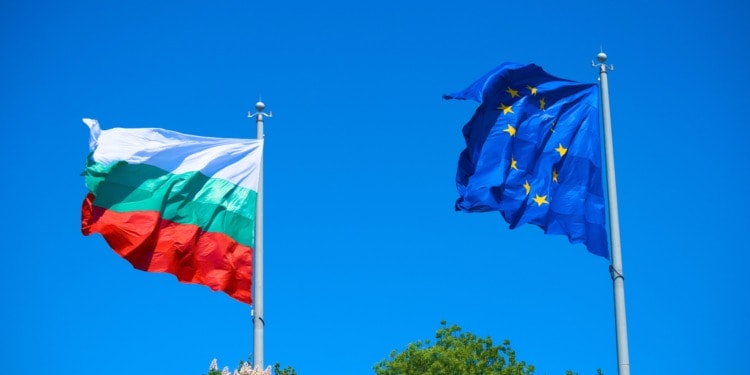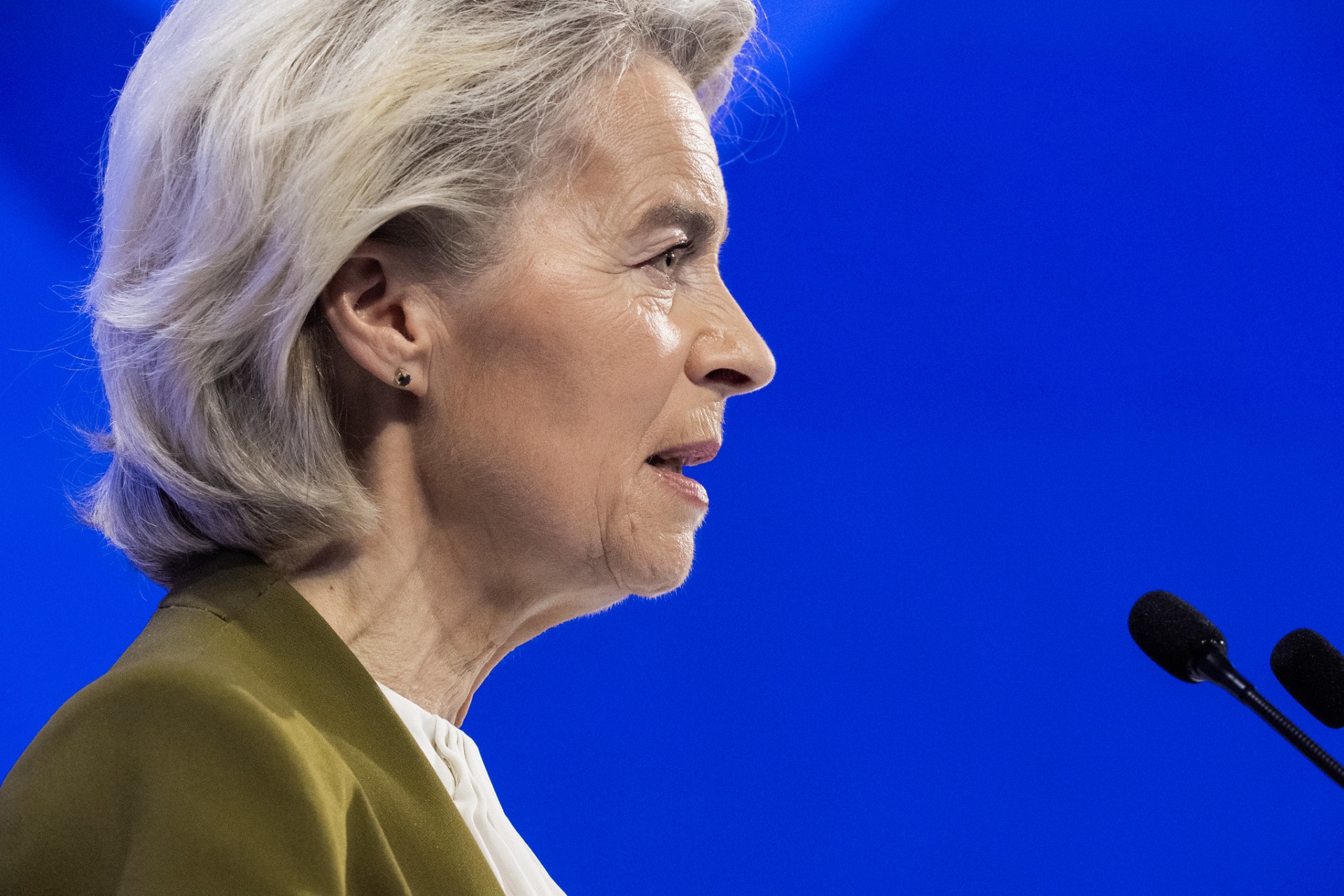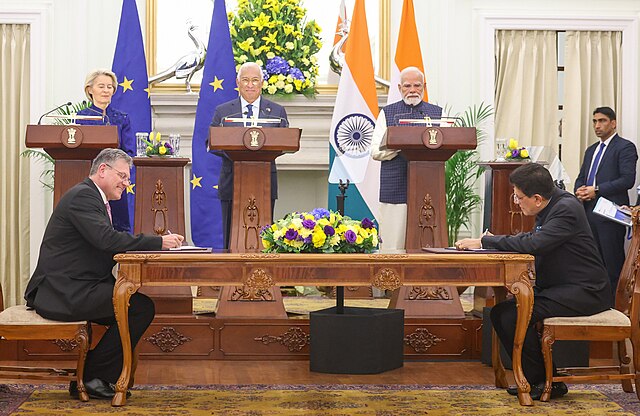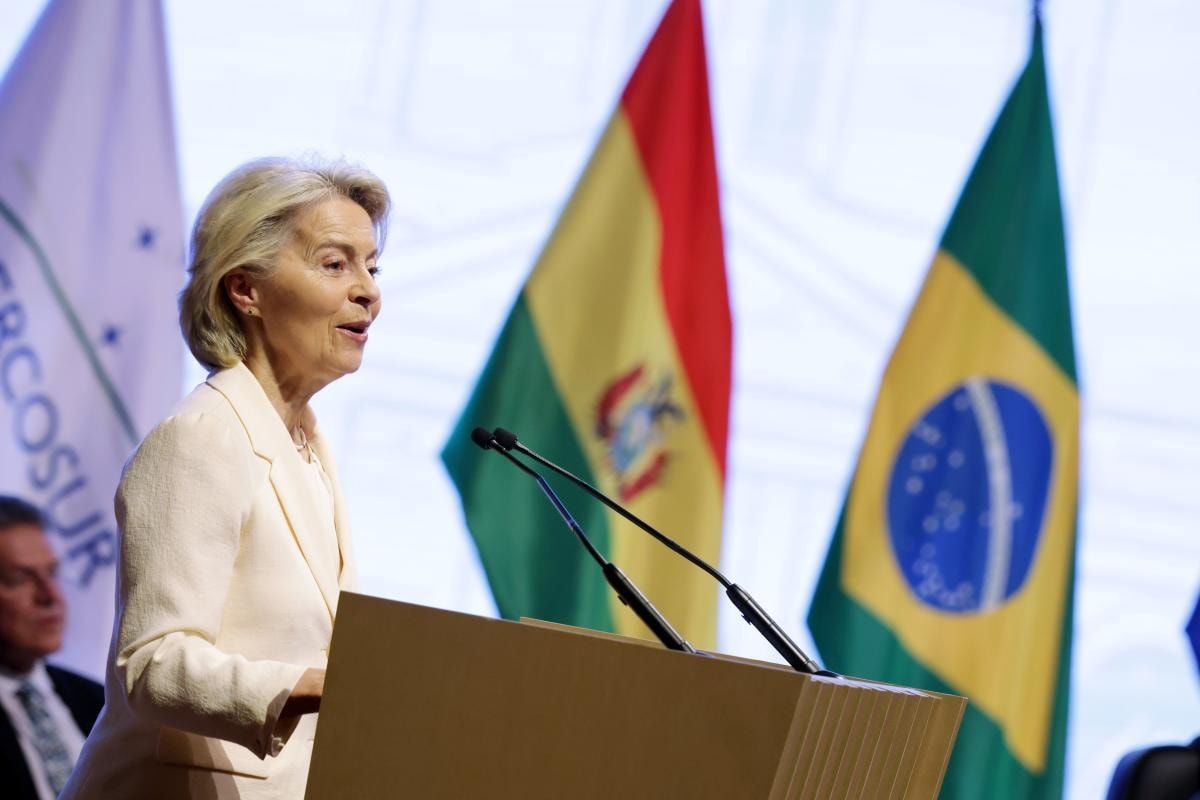Over a decade ago in May of 2011, the Council of Europe Convention on Preventing and Combating Domestic Violence and Violence against Women, known as the Istanbul Convention, opened for signatures.
This week the Council of the European Union has requested that the European Parliament conclude the convention, which would signal the EU’s accession to the convention and a pledge to implement its legal framework throughout the bloc.
.@EUCouncil requests the consent of @Europarl_EN to conclude the convention on preventing and combatting violence against women and domestic violence #IstanbulConvention
— EU Council Press (@EUCouncilPress) February 21, 2023
Although this convention wasn’t particularly controversial when it was adopted in 2011, it has since played a part in the culture wars waged between Western and Eastern Europe, even to the extent that its very first signatory, Turkey, withdrew from the convention in 2021.
So, what has caused the Istanbul Convention to become so controversial, and what will happen if the EU ratifies it without the support of all its member states?
What is the Istanbul Convention?
At its core, the Istanbul Convention is a human rights treaty of the Council of Europe opposing violence against women and domestic violence.
The need for this treaty arose from an understanding by the Council of Europe, after launching initiatives in the 2000s to promote the protection of women, that the response to violence against women and domestic violence varies greatly between different nations in Europe.
The Istanbul Convention is the first legally-binding instrument in Europe to create a comprehensive legal framework and approach to combating violence against women. It also aims to improve gender equality by characterising violence against women as a violation of human rights and a form of discrimination.
The treaty operates across four separate pillars, each targeting one aspect of gender-based violence:
- Prevention
- Protection
- Prosecution
- Coordinated policies
By ratifying the convention, a nation signals that it fully agrees to be bound by the treaty and, in turn, must adopt and integrate the convention’s mandates into its own legal system.
The Istanbul Convention defines and calls for signatory parties to criminalise various forms of violence against women, including sexual violence, physical and psychological violence, forced marriage, female genital mutilation, stalking, forced abortion, and forced sterilisation.
The treaty also explicitly defines rape as all engagement in non-consensual acts of a sexual nature with a person and states that sexual harassment must be subject to criminal or other legal sanction. There is also an article targeting crimes committed in the name of “so-called honour.”
Controversy: Resistance in the East
Between the treaty’s adoption in Istanbul in 2011 and now, 45 of the 46 countries that are Council of Europe members, in addition to the EU, have signed the convention – an initial step before fully agreeing to be bound by the treaty through ratification.
Azerbaijan is the only member of the Council of Europe, after Russia’s membership was suspended in 2022, to have not signed the document yet.
Only 38 of the 45 signatories have ratified the convention; Armenia, Bulgaria, Czech Republic, Hungary, Latvia, Lithuania, and Slovakia have so far refrained from ratification.
Notably, the EU also hasn’t ratified the convention yet. It is worth noting that the Council of Europe and the EU are separate institutions, and although many of the member states that make up the EU have already ratified it, the EU, as its own political entity, has not.
Once the EU as a bloc ratifies a treaty, the whole of the bloc is legally bound to abide by its conditions. The EU has also signed the Paris Agreement, alongside each individual member state within the EU.
The United Kingdom and the Ukraine were the most recent countries to adopt the treaty through ratification, both of which did so in July of 2022.
The #IstanbulConvention comes into force today. This is a great step forward but there is still more to do.
We stand with our sisters at @lawrsuk @SBSisters and many others to continue fighting for protection from violence for ALL women. #AllWomenMeansAllWomen pic.twitter.com/di8mvOhlDo
— IC Change (@ICChangeUK) November 1, 2022
Turkey, although originally the first signatory, formally withdrew from the convention in July 2021 in a move that sparked protests from women throughout the country and drew concerns from political leaders and rights activists across the world about the growing anti-rights movement in Turkey.
This move marked the first time a Council of Europe member withdrew from an international human rights convention.
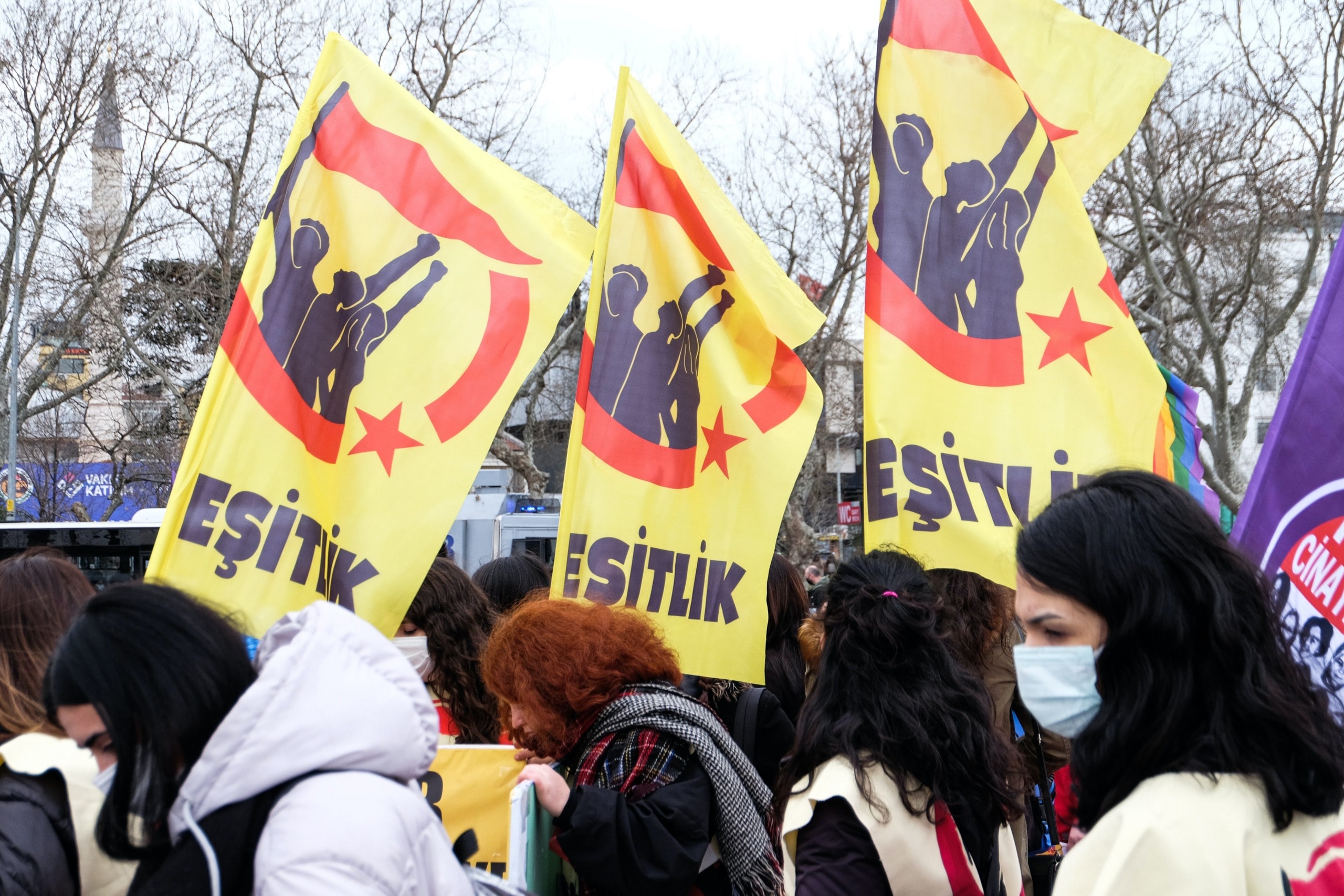
Related Articles: Why Do So Many Companies Lack Women Leaders? | Gender-Based Violence in Turkey on The Rise: The Government Is to Blame | Orange The World: 16 Days of Activism to End Gender-Based Violence Begins
Turkey’s choice to withdraw and other states’ choice not to ratify the convention at all is part of a growing backlash in Europe against the treaty.
This backlash is, in theory, grounded in a disapproval of the language surrounding gender on which the premise of the treaty is based. The document defines gender as “the socially constructed roles, behaviours, activities and attributes that a given society considers appropriate for women and men.”
This wording has resulted in misinformation campaigns about the use of the term “gender” and spurious allegations by certain governments claiming that the Convention undermines the notion of the “traditional family.”
This criticism of so-called “gender ideology” has mostly taken hold in the countries of Eastern Europe, which tend to have have more socially conservative cultures.
In Bulgaria, an eight-to-four ruling by the nation’s Constitutional Court in 2018 actually determined that the Istanbul Convention contravened Bulgaria’s constitution.
The convention was ruled unconstitutional because the definition of “gender” as a social construct contradicts Bulgaria’s Constitution, which specifies a binary understanding of “sex.”
In November 2019, the parliament in Slovakia adopted a resolution to inform EU institutions that it did not agree with the European Union ratifying the Istanbul Convention without the unanimous agreement of all member states of the EU.
Not all members of the EU have ratified the Istanbul Convention on Combating Violence Against Women 🙅🏻♀️
Some are even threatening to pull out.
This week the European Parliament made its voice clear – countries cannot threaten women for political gain. Ratification now! 📝 pic.twitter.com/kUUg0bJxx7
— Grace O'Sullivan (@GraceOSllvn) February 16, 2023
According to then-PM Robert Fico, this was due to the fact that he considered the convention at odds with the country’s constitutional definition of marriage as a heterosexual union.
Lithuania previously postponed the debate about whether to ratify the convention after the Convention’s concepts of gender identity and “social gender” proved to be particularly contentious in the public sphere.
In Latvia on the other hand, which also has yet to become party to the treaty, the Constitutional Court ruled that the provisions of the Istanbul Convention comply with the Latvian constitution and do not impose the acceptance or introduction of any specific form of marriage or family.
A new twist: The EU goes ahead with ratification
In October 2021, The EU Court of Justice delivered an opinion stating that the European Union can ratify the Istanbul Convention without the unanimous agreement of all member states.
On February 21, the European Council requested that Parliament do exactly that.
Paulina Brandberg, the Swedish Minister for Gender Equality and Deputy Minister for Employment stated:
“The EU’s accession to the Istanbul convention is a strong sign of our commitment to end this violence and will play an important role in prevention and prosecution of these acts.”
Across the world, it is estimated that 1 in 3 women are subjected to physical or sexual violence by an intimate partner or sexual violence from a non-partner.
It's the International Day for the Elimination of Violence Against Women.
1 in 3 🧕🏾👩🏻👩🏼🦰 around the 🌍 experience physical or sexual violence by:
A husband
A boyfriend
An intimate partner
A lover
A parent
A colleague
A boss
A stranger#ENDviolence!👉https://t.co/xbopfRqzJP pic.twitter.com/ZI9ijZvv5X— World Health Organization (WHO) (@WHO) November 25, 2022
Perhaps unsurprisingly, the countries refusing to ratify the Istanbul Convention are where the status of gender equality is the lowest and full adoption of the convention would do the most good for women. According to the EU 2022 Gender Equality Index, Latvia, Lithuania, Slovakia, Czechia, Hungary, and Bulgaria all rank below the EU average.
Unfortunately, the discussion surrounding the convention no longer pertains to the central focus of the treaty, namely reducing gender-based violence and discrimination through wide-reaching policy reform.
This distinction between gender-based and sex-based legislation is notoriously controversial in the current zeitgeist. Right-wing governments throughout Europe, whose political support largely lies in their own most culturally conservative citizens, are playing into this controversy by portraying the Istanbul Convention as a left-wing attempt to enforce modern notions of gender-based law.
Now, the fight between the countries opposing the convention and the rest of the EU has become an expression of the culture war being fought throughout Europe, both between countries and within them.
In reality, the Istanbul Convention required a definition of gender, in order to offer a definition of gender-based violence. The convention itself is a straightforward, if groundbreaking, way to improve prevention and protection of women from gender-based violence, or violence that occurs on account of their gender.
By disregarding the protests of its outlying member states, the EU has declared that right-wing governments in the bloc will not be allowed to use the lives and safety of women as political bargaining chips.
Hopefully the decision will be approved by the European Parliament and will result in improved resources for women throughout the bloc who are threatened or hurt by violence.
Editor’s Note: The opinions expressed here by the authors are their own, not those of Impakter.com — In the Featured Photo: The flag of EU and Bulgaria, one of the countries refusing to ratify the Istanbul Convention. Featured Photo Credit: Neven Myst.


